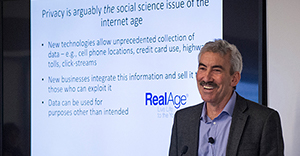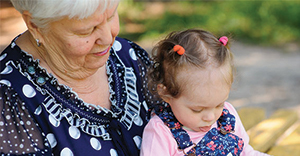From Fake News to Climate Change, Why Do We Select Our Own Reality?
We live in an unprecedented "age of information." Dieters have access to nutritional information, people at risk of genetic disease can undergo cutting-edge medical tests and citizens in modern democracies have access to a wide range of news sources covering the entire political spectrum.
However, for all the information that is out there, people make use of very little of it. Those on diets, for example, often prefer not to look at the number of calories in a tasty dessert, people at high risk for a disease avoid screening tests that could give them a definite answer, and most consumers of news choose sources that align with rather than challenge their political ideology. Indeed, people at times actively avoid useful information that is available to them.
Carnegie Mellon University researchers are working to understand how people deliberately avoid information that threatens their happiness and well-being.
They have found that while a simple failure to obtain information is the most clear-cut case of "information avoidance," people have a wide range of other information-avoidance strategies at their disposal. They are also remarkably adept at selectively directing their attention to information that affirms what they believe or that reflects favorably upon them, and at forgetting information they wish were not true.
In the News
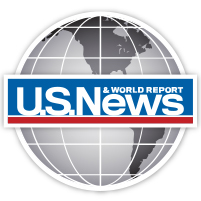 Postpone the 2020 Election? Many GOP Voters Say Yes
Postpone the 2020 Election? Many GOP Voters Say Yes
But the survey results raise a troubling question for academic and political experts: Is the country so deeply divided that people will believe anything as long as it fits into their idea of what the world is like, or how it should be? Yes, says Russell Golman, assistant professor of behavioral economics and decision science at Carnegie Mellon University.
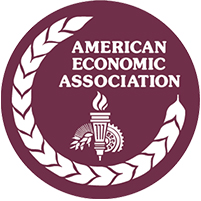 I don't want to know: Why do we avoid certain information and what are the consequences for our society?
I don't want to know: Why do we avoid certain information and what are the consequences for our society?
Sometimes, there’s information we just don’t want to know. Maybe it’s the calories in the Big Mac we’re about to eat or some news story that contradicts our political opinions. If we don’t like it, we ignore it.
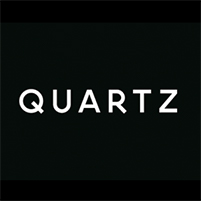 Humans selectively edit reality before accepting it, a review of decades of social and economic behavior shows.
Humans selectively edit reality before accepting it, a review of decades of social and economic behavior shows.
Knowledge is power, so the saying goes, which makes it all the more striking how determined humans are to avoid useful information.
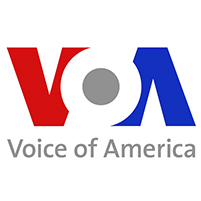 Do You Trust Information You Don't Want to Hear?
Do You Trust Information You Don't Want to Hear?
It is not only regarding politics that people avoid or ignore information that may be useful, according to a new study from Carnegie Mellon University.
 Avoiding information that might upset you? Well, you’re only human.
Avoiding information that might upset you? Well, you’re only human.
“I think what social scientists are increasingly beginning to appreciate is that beliefs are very much a product of people’s motivations, and these motivations feed into information avoidance,” said George Loewenstein.

